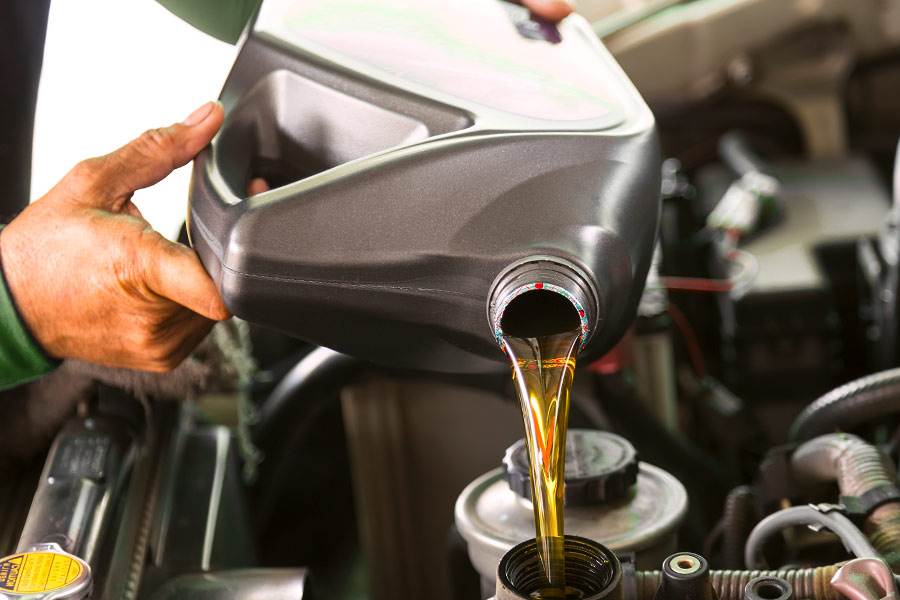
Oil is the lifeblood of a car engine. It has several crucial roles. First, it enables all car parts to move smoothly, absorb excess heat, and clean any nasty, harmful chemicals. As your vehicle is running, the oil keeps degrading and needs to be changed regularly. Changing oil is one of the most critical routine maintenance tasks.
Despite its long-term impact on the health of a car and its performance, the maintenance task is one of the cheapest investments. When times comes to change the oil, your mechanic will require you to choose between conventional and synthetic oil. The main difference between regular and man-made oil is the level of refinement. Keep reading to learn more about the differences between the two types of engine oils.
What is Synthetic Oil?
The oil is man-made. Products used to make synthetic oil include base oil, powder additives, and a carrier oil, which ensures even distribution of the additives. Just like the regular type, synthetic oil begins with highly refined crude oil, pumped from deep underground.
Is there a difference between full synthetic and synthetic blend? Yes. The semi-synthetic type blends traditional engine oil with more technologically advanced oils. On the other hand, full synthetic oil is a grade of motor oil. Synthetic blends are cheaper than the full synthetic option but offer better performance than conventional oil.
Oil Change Intervals for Regular and Synthetic Oil
Synthetic oil is better on car engines and contains fewer impurities as compared to the conventional type. As a result, it lasts longer than conventional and synthetic blends. If you use regular oil, it’s advisable to change it twice a year. Many experts recommend changing the oil every 7,500 miles.
The oil filter should also be changed during every oil change. Manufacturers may recommend different varying intervals for different vehicles. Therefore, check your user manual. Newer car models can go 10,000 miles without the need to change oil or only need an oil change once a year.
For the synthetic option, an oil change is needed after 10,000 to 15,000 miles or once a year. The 5,000 miles difference is significant and worth the investment.
Cleanliness and Wear Protection Ability
Oil degrades when moving through the engine, leaving harmful deposits. The deposits may form sludge over time, and this results in lower engine performance and lifespan. Synthetic oil has fewer impurities than regular oil and has more resistance to sludge formation.
Therefore, your car engine will run more efficiently when using synthetic oil. Another benefit of the synthetic type is that it doesn’t break down as easily as the conventional option, and this offers protection against friction, wear, and tear.
Performance in Extreme Temperatures
Synthetic oil is engineered for its purpose, and this means better performance than regular engine oil when it comes to extreme temperatures. Engines generate heat as cars move. This means driving in high heat environments can cause the lubricant to breakdown faster. Synthetic oil has better heat resistance.
It breaks down more slowly, enabling the engine to last longer in high temperatures. When driving in cold weather, regular oil tends to thicken and require more time to warm up to the ideal viscosity. Therefore, they may not provide the necessary lubrication after firing up your car engine.
Book an Oil Change Appointment in Buda
Book an Oil Change Appointment in San Marcos
Book an Oil Change Appointment in Kyle






